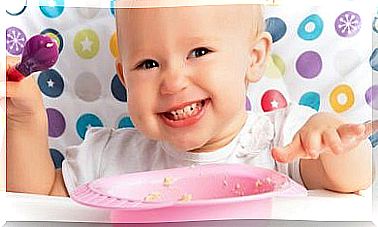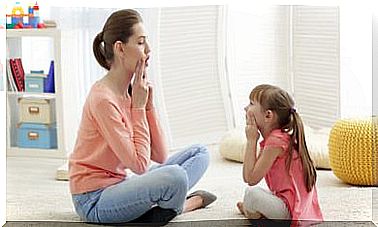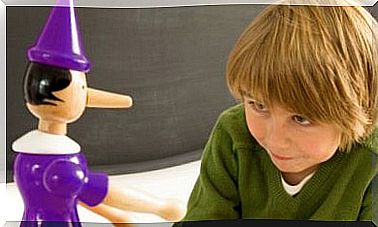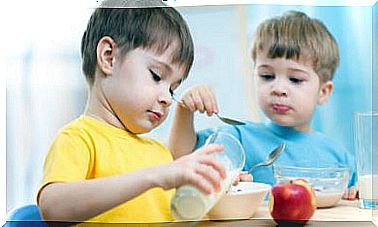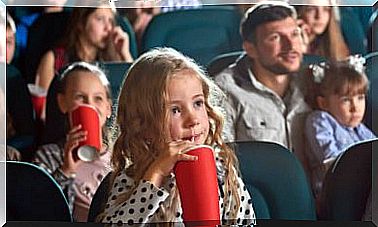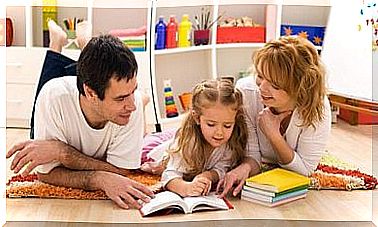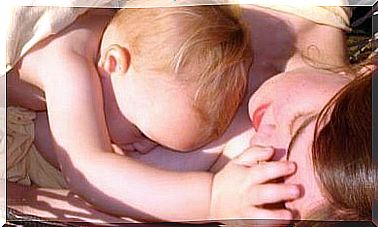Educating For Social Relations
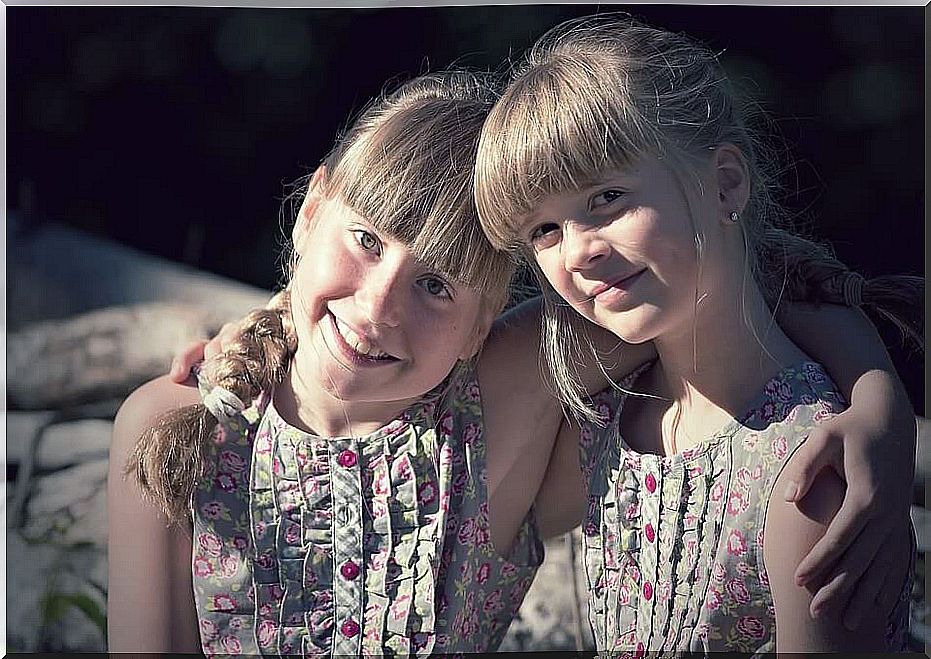
Children are wonderful! Just watch them play in the park to discover all their social skills. Open your eyes wide and observe how a child who wants to play with another behaves. It’s a delightful scene …
First they look at each other a few times, then they smile and the exchange of glances, usually mischievous and accompanied by smiles, is the preamble to starting a game that can last for hours and why not? It is the beginning of a lasting friendship . Making a friend every day and every time is undoubtedly a good start in the development of social relationships.
Children are lovely, there is no doubt. Their subtlety, their innocence and their sincerity are probably their most lethal weapons to conquer hearts and make a lot of friends of any age, however over time some children – and also some adults – lose “the magic” to relate successfully.
But this is not a Sine qua non condition. Certainly, not all adults lose “the magic” or the ability to establish social relationships easily over time; On the contrary, some sophisticate their “weapons” of conquest and over the years acquire more and more subtlety and learn to be extraordinarily sincere without their words adding enemies to their list.
There are those who, as the song says, have a million friends. How do they do it ?, many wonder who marvel at their abilities. Well the answer is that they have been educated to establish and foster healthy social relationships.
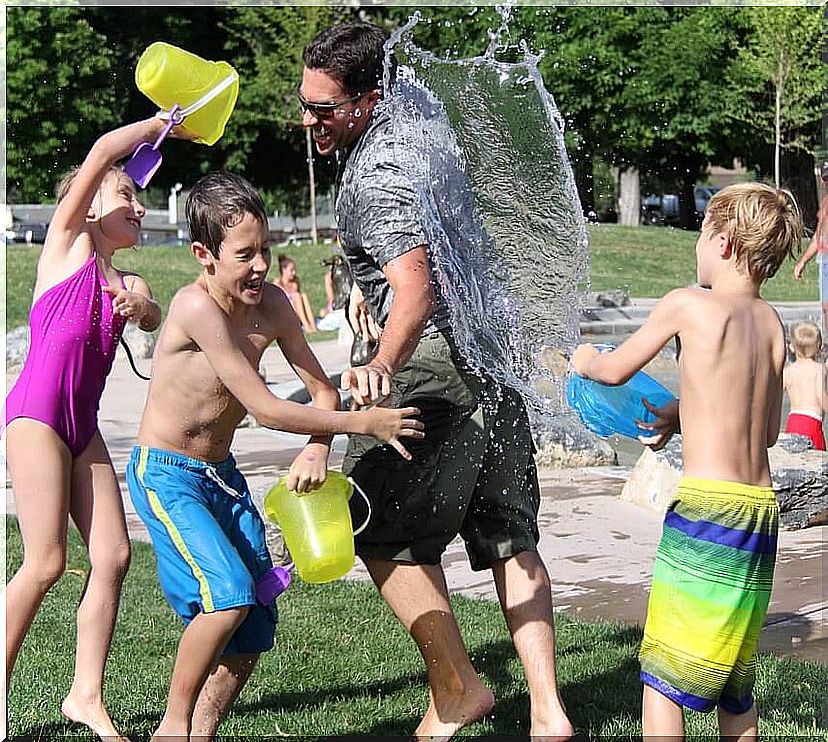
Social relationships are the foundation of development
You see, social relationships imply the treatment that each person offers to their parents, siblings, friends and family. And this knowledge or type of education, which generates skills to relate to others, begins at home with Mom and Dad, who teach us almost all the secrets to walk in this world.
What a task, right? …
And yes, it is true: The task of educating your cherub is not easy, but the rewards it brings far outweigh all the sacrifices. Think about it: The positive result that your child’s social relationships reflect will be the fruit of the values you instill in him. It is you who is in charge of teaching your child that we live in a world that is governed by rules; And that is very important, as well as it is essential to know that although each individual responds differently to these norms, they are the same for everyone. And that, your son knows.
Social skills develop in stages
If you start early to show your child how to interact with other children and also with adults, he will learn the necessary rules for socializing, which range from saying hello to saying good morning, smiling whenever you can (and actually smiling ) and look at who is speaking without interrupting.
However, before your child can say Hello! … before they start to walk, the socialization process begins and it is ideal that it begins through methods proposed by the current of attachment parenting, which proposes that the child is comforted, that he is allowed to explore the world around him as freely as possible, that his parents pay him enough attention to establish a good communication link and that this be effective.
During the beginning of the socialization process of a child, which goes from birth to 12 months of age, it is important to take the baby for a walk, so that he has contact and experiences different situations and explains how objects and relationships with people and why.
Later, when the child is between 1 and 2 years old, he learns that he is part of a group and likes to interact with other children ; he also recognizes people who give him love and support. He also begins to imitate the model of his father and mother. It is also at that time when the relationship with his parents strengthens and begins to establish other relationships with his siblings, cousins, uncles and grandparents.
To promote the development of your child’s social relationships, when he is one or two years old – and just beginning to have independence – other family members should be allowed to accompany him, play or take care of him. At that age it is also vital to explain, clearly and with love, what is allowed or not in social relationships, this gives them confidence and begins to respect the rules and people.
When the child is between 2 to 4 years old he already interacts with many children and prepares to go to school, he is very sensitive to the opinion of others, so much so that when children make mistakes or when others make mistakes they feel something bad , especially if they make fun of them or others, so it is very important to take care of their self-esteem, because you as a mother are the one who, in the first instance, feeds their self-image.
It is also essential that, under your supervision, your child interacts with adults and also plays with children older than him, because in this way he loses his fear of older children and learns to interact with them in a healthy way.
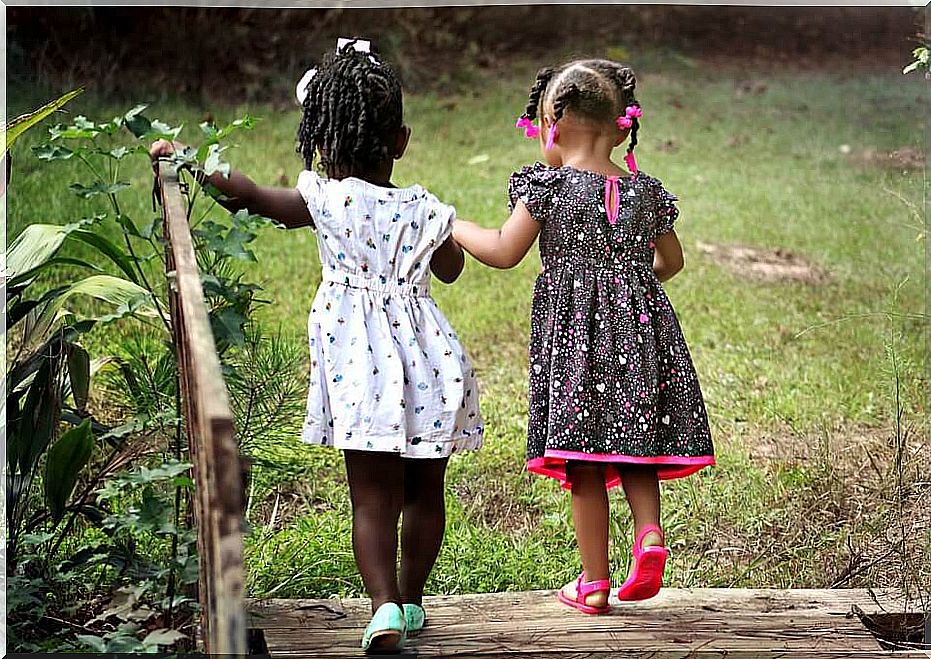
During this stage, getting them used to playing in community is crucial because it prepares them for the school stage where their social universe will be greatly expanded. Certainly school education is one of the first most fruitful experiences of a child, because it is in school where he faces a universe full of other children and adults, each with their characters and tastes, it is precisely with the treatment of these as develop their social skills.
During the school stage, your child will learn to complement the knowledge that you instill in him at home with academic and moral knowledge. However, never forget that the pre-school stage, which is in your hands, is when the child learns his first tools to cope assertively with his peers and thus cultivate lasting and satisfying social relationships.
Educating the child and teaching him to open his heart and feelings to others is a task that parents undertake, who must make him understand that sincere sharing will be key if he wants to achieve healthy and lasting relationships. And the truth is, we all want that!
